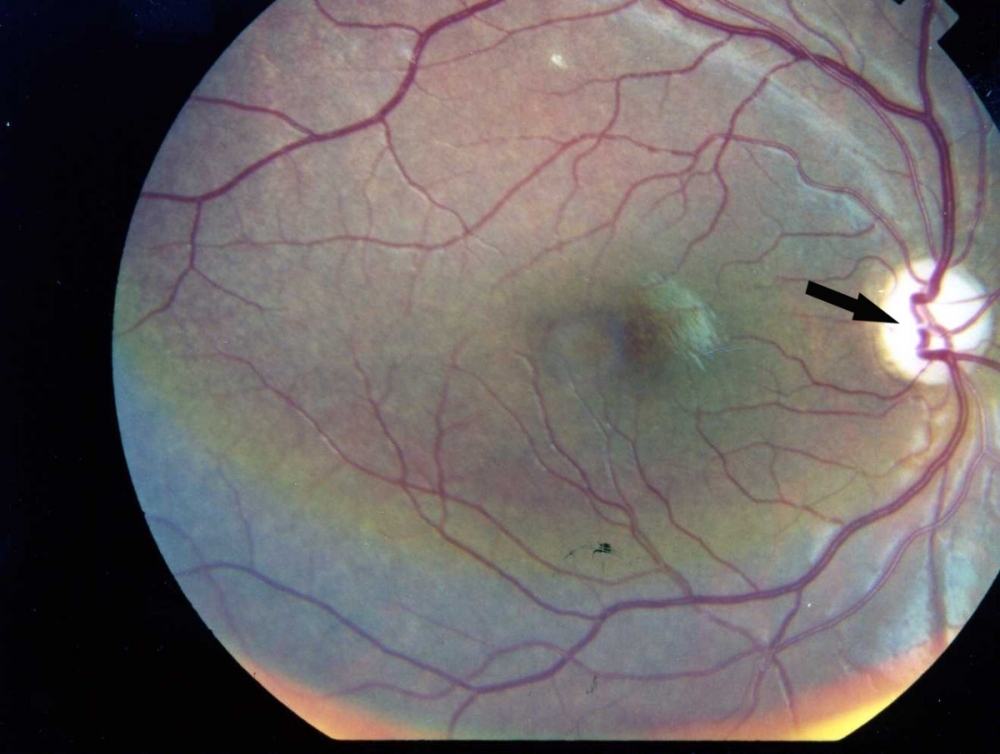


Scientists from the University of Birmingham and the School of Medical Sciences at the Santa Casa de São Paulo are using cell reprogramming techniques to grasp at how Wolfram and Niemann-Pick syndromes act on the brain (photo: Masoud Reza Manaviat, Maryam Rashidi and Seyed Mohammad Mohammadi/Wikimedia Commons)
Published on 05/13/2021
By André Julião, in London | Agência FAPESP – A group of researchers from the United Kingdom and São Paulo are trying to understand how neurons that carry neurodegenerative diseases work, without having to remove samples from the brain. Thanks to cell reprogramming techniques, stem cells can be obtained from skin samples and then differentiated into neurons.
The project consists primarily of describing how mitochondria (the organelles responsible for energy generation in cells) and neurons behave in Wolfram and Niemann-Pick syndromes, rare hereditary childhood neurodegenerative conditions.
From these assessments, the researchers will determine a possible signaling pathway that will also be investigated in other degenerative diseases of unknown causes, such as Amyotrophic lateral sclerosis (ALS).
“First, we will determine how neurodegeneration occurs, focusing on autophagy, particularly the degradation of mitochondrial function in rare childhood diseases. This is because there is a greater chance of having clearer phenotypes, probably because they begin to appear earlier. In addition, we are already testing drugs that could improve the viability of the neurons involved in those diseases,” said Sovan Sarkar, a professor at the University of Birmingham and one of the speakers at FAPESP Week London, held February 11-12, 2019.
He explained that understanding the mechanisms behind Wolfram and Niemann-Pick syndromes will lead to development of a model that can be used on less well-known diseases. The focus on autophagy, the cell’s ability to eliminate defective proteins and dysfunctional organelles, is due to the fact that cell malfunction is associated with a series of diseases.
The study is funded by an agreement between the University of Birmingham and FAPESP and includes Brazilian researcher Tatiana Rosenstock, a professor at the School of Medical Sciences of Santa Casa Hospital in São Paulo.
Before obtaining the grant from FAPESP, Rosenstock had been considered for the 2017-2018 Brazil Visiting Fellow program at the University of Birmingham, and as a Rutherford Fellow.
“It was very important to take these initial steps in the research study with funding from the grants I received from England to characterize the models, in addition to being able to learn how to handle stem cells last year,” the researcher, in attendance at FAPESP Week London.
The choice to use induced pluripotent stem cells (hiPSC) and human embryonic stem cells (hESCs) was made in order to obtain a model closer to the original, unlike one that would utilize animal models or commercial cells.
In addition to the findings, which may potentially help patients suffering from neurodegenerative diseases, the partnership has already established an exchange between the researchers and their students.
“I’m benefiting from the analysis of mitochondria and its role, which is the expertise Tatiana brings. While I do that, she is trying to understand autophagy and has learned to use stem cells to make neurons. It is a great symbiotic relationship that benefits both groups,” Sarkar said.
Read more about FAPESP Week London at: www.fapesp.br/week2019/london/.
Source: https://agencia.fapesp.br/29786